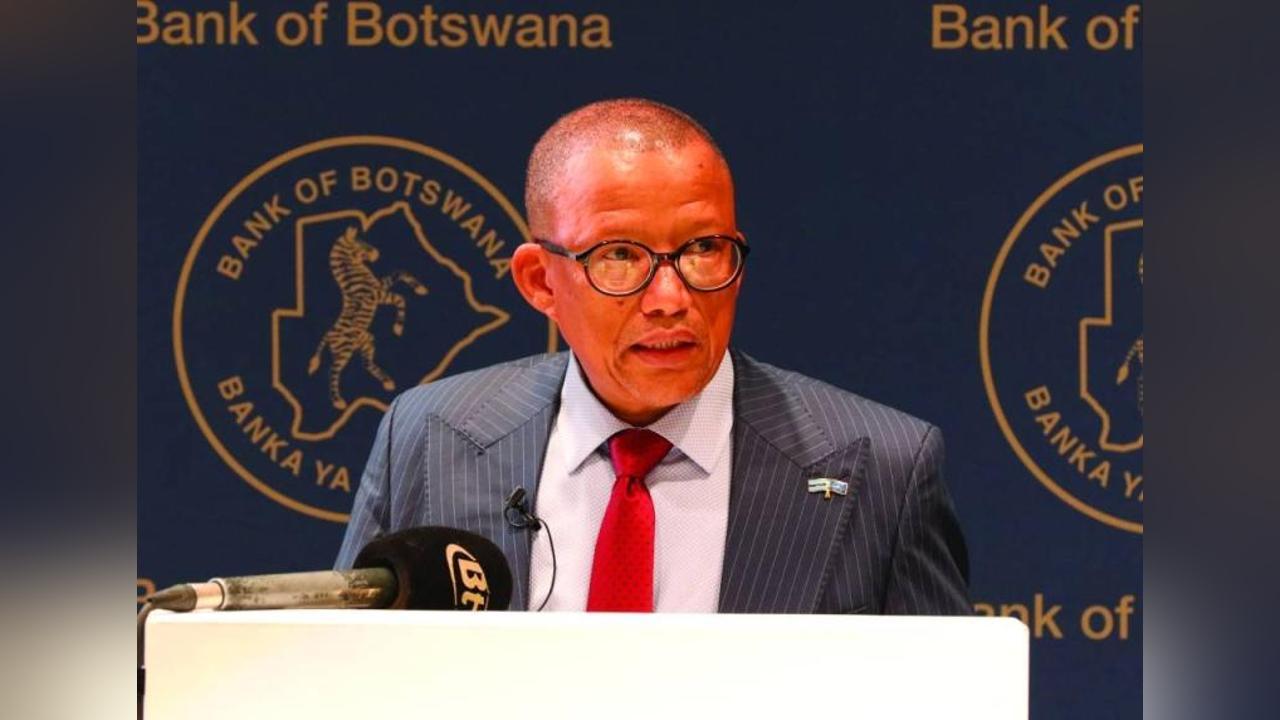Africa-Press – Botswana. The Bank of Botswana says it continues to discourage commercial banks from making further interest rates increases, noting that a pause in the adjustments has taken hold in the market.
“We continuously have consultations with commercial banks to discourage interest rate changes which are counter to monetary policy stance and economic situation, as well as other stakeholders to address unwarranted price increases,” Governor Cornelius Dekop said at a briefing. “Our communication has been clear on this, clear with commercial banks that we are not going to tolerate increases which are detrimental to businesses and consumers and the economy.”
Without speaking specifically about the runaway foreign currency trading rates that banks have instituted since July 11, Dekop hinted that the central bank was prepared to take more direct action in the matter.
“Overall, given these measures and policy intentions, the expectation is that all entities will respond appropriately to mitigate against proliferation of policies, which could be detrimental,” Dekop said. “What I’m saying is that you throw policy at people and if they don’t respond in the way that policy intends them to respond and they act in a different way, it can only beget more policy, including regulatory overreach. “So therefore, when we take decisions on policy, businesses and other people should take heed of that.”
On July 11, government, the Ministry of Finance and the BoB through a series of actions around the Pula, its value and trading environment, sought to boost exports and also make access to the official foreign exchange reserves costlier for commercial banks.
As a way of protecting the declining official foreign reserves, the BoB intended to push banks to trade foreign currency amongst themselves using their stockpiles which were estimated recently at about P21 billion.
Commercial banks instead increased their foreign currency trading rates to customers well beyond the margins guided by the BoB’s July 11 move, triggering price increases across the economy by various firms.
Dekop announced that largely as a result of the price increases stemming from the reactions to the July 11 decision, the BoB has changed its forecast for inflation this year from an average of 2.7% to 3.5%.
Inflation next year is seen at an average of 5.9% from an earlier expectation of 4.6%. The central bank also expects inflation to peak at about seven percent in the second quarter of next year.
Generally, the BoB aims to keep inflation within a medium-term range of three to six percent, which is seen as necessary for healthy business growth as well as protection of consumers’ buying power.
For More News And Analysis About Botswana Follow Africa-Press






